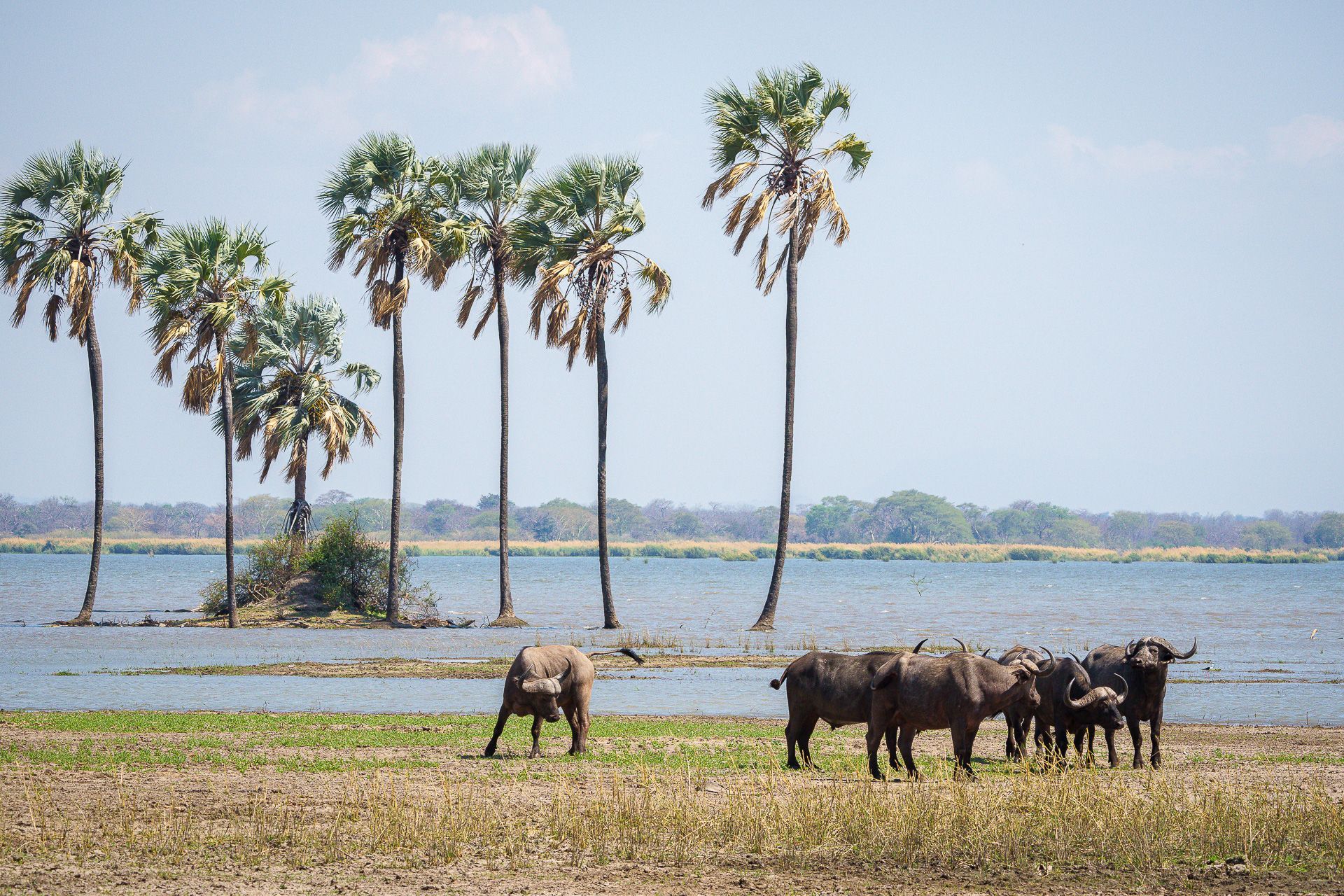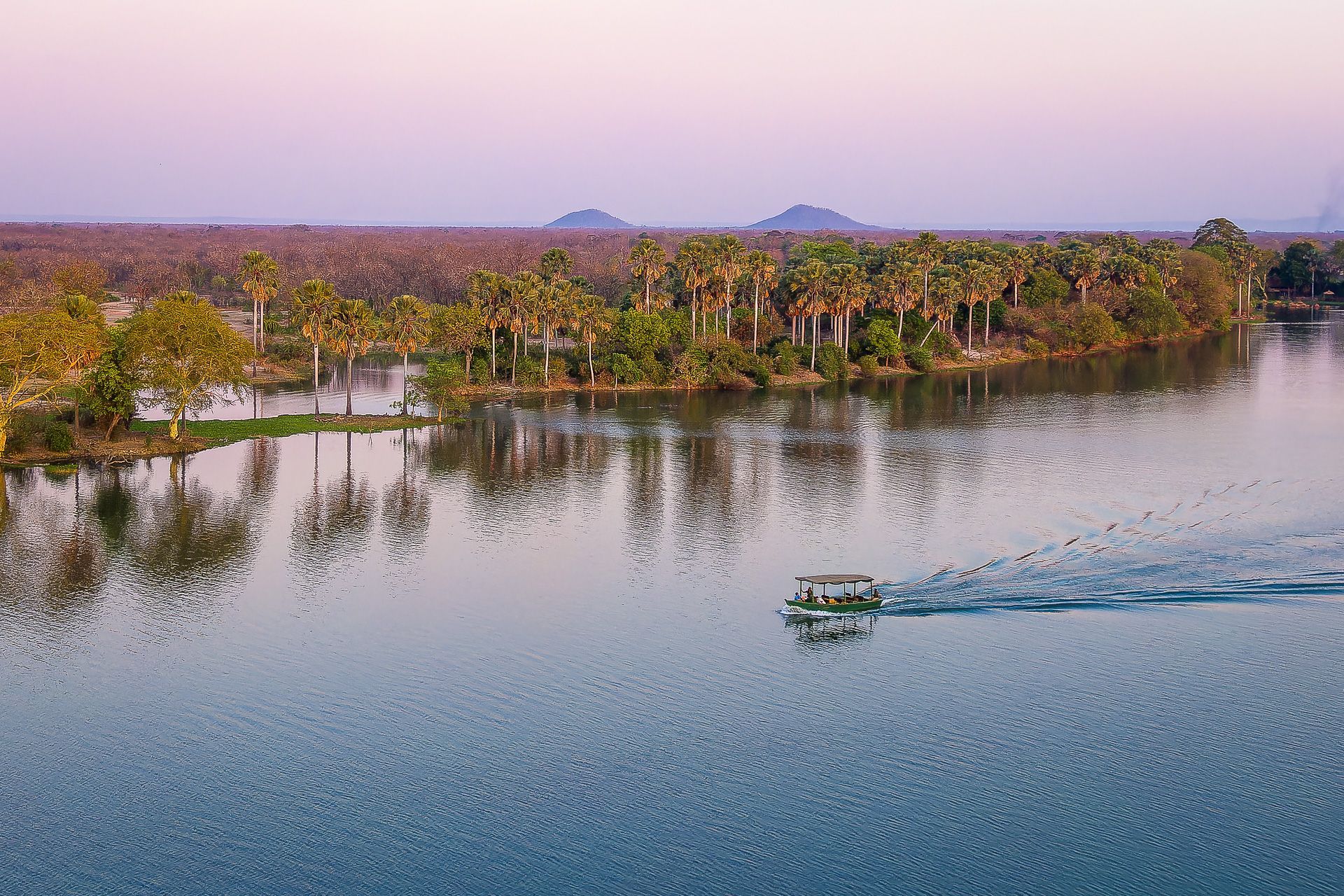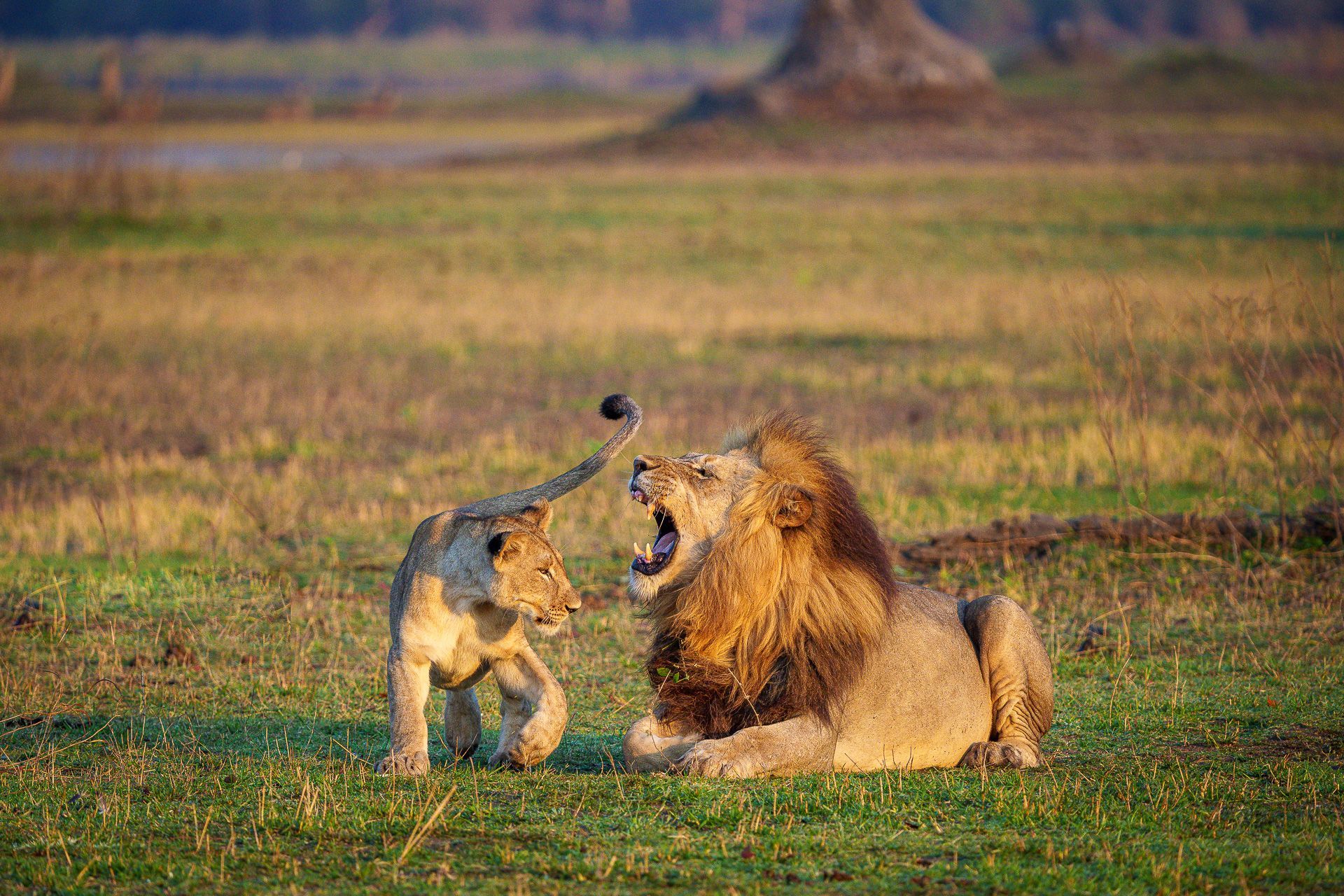Malawi
Malawi
Malawi
Big lake, quiet parks and warm hearts
Malawi is often called the Warm Heart of Africa – and once you’ve felt its gentle pace, smiling welcomes and unspoilt beauty, you’ll understand why.
This is a country of shimmering lakes, forested highlands and wide, open savannas where wildlife is returning in remarkable numbers. It’s one of Africa’s best-kept secrets – not flashy, not crowded, but deeply rewarding.
With Ubon Safari, Malawi becomes more than just a stopover. We’ll take you from sunrise safaris in quiet reserves to sundowners on the shores of Lake Malawi.
Whether you’re combining it with Zambia or coming to explore it on its own, Malawi’s magic lies in the unexpected.
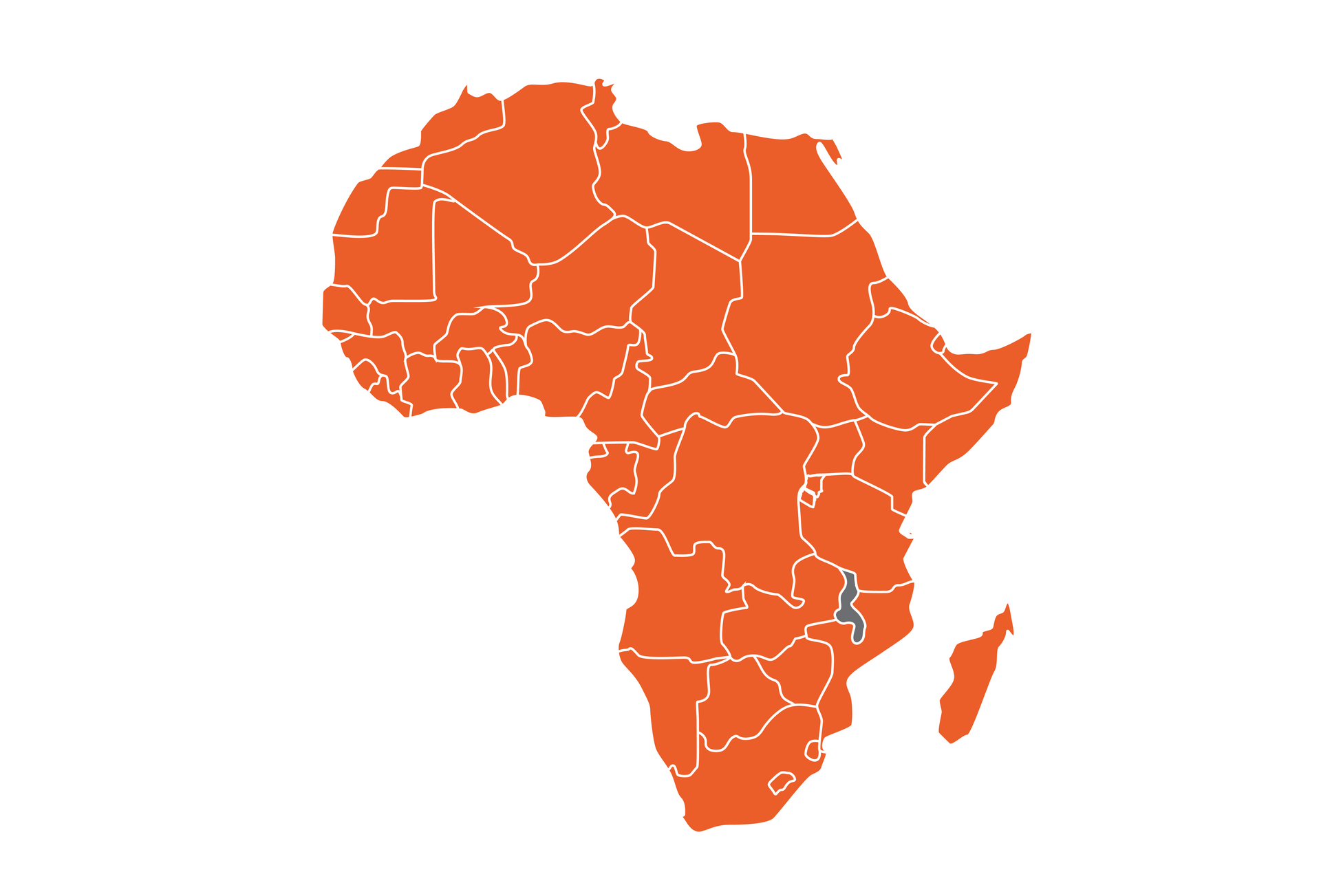
Big lake, quiet parks and warm hearts
Malawi is often called the Warm Heart of Africa – and once you’ve felt its gentle pace, smiling welcomes and unspoilt beauty, you’ll understand why.
This is a country of shimmering lakes, forested highlands and wide, open savannas where wildlife is returning in remarkable numbers. It’s one of Africa’s best-kept secrets – not flashy, not crowded, but deeply rewarding.
With Ubon Safari, Malawi becomes more than just a stopover. We’ll take you from sunrise safaris in quiet reserves to sundowners on the shores of Lake Malawi.
Whether you’re combining it with Zambia or coming to explore it on its own, Malawi’s magic lies in the unexpected.
Big lake, quiet parks and warm hearts
Malawi is often called the Warm Heart of Africa – and once you’ve felt its gentle pace, smiling welcomes and unspoilt beauty, you’ll understand why.
This is a country of shimmering lakes, forested highlands and wide, open savannas where wildlife is returning in remarkable numbers. It’s one of Africa’s best-kept secrets – not flashy, not crowded, but deeply rewarding.
With Ubon Safari, Malawi becomes more than just a stopover. We’ll take you from sunrise safaris in quiet reserves to sundowners on the shores of Lake Malawi.
Whether you’re combining it with Zambia or coming to explore it on its own, Malawi’s magic lies in the unexpected.
Why Malawi deserves your attention
There’s a quiet charm to Malawi that’s hard to put into words.
The parks may not be as famous, but they’re teeming with restored wildlife thanks to ambitious conservation work.
The lake isn’t just beautiful – it’s an inland sea, full of tropical fish and perfect for kayaking, snorkelling or doing absolutely nothing at all.
Add in rolling tea estates, forest reserves, barefoot beach lodges and some of the friendliest people on the continent, and you’ve got a destination that rewards curiosity and offers space to breathe.

Why Malawi deserves your attention
There’s a quiet charm to Malawi that’s hard to put into words.
The parks may not be as famous, but they’re teeming with restored wildlife thanks to ambitious conservation work.
The lake isn’t just beautiful – it’s an inland sea, full of tropical fish and perfect for kayaking, snorkelling or doing absolutely nothing at all.
Add in rolling tea estates, forest reserves, barefoot beach lodges and some of the friendliest people on the continent, and you’ve got a destination that rewards curiosity and offers space to breathe.

Why Malawi deserves your attention
There’s a quiet charm to Malawi that’s hard to put into words.
The parks may not be as famous, but they’re teeming with restored wildlife thanks to ambitious conservation work.
The lake isn’t just beautiful – it’s an inland sea, full of tropical fish and perfect for kayaking, snorkelling or doing absolutely nothing at all.
Add in rolling tea estates, forest reserves, barefoot beach lodges and some of the friendliest people on the continent, and you’ve got a destination that rewards curiosity and offers space to breathe.

Lake Malawi
Africa’s inland ocean
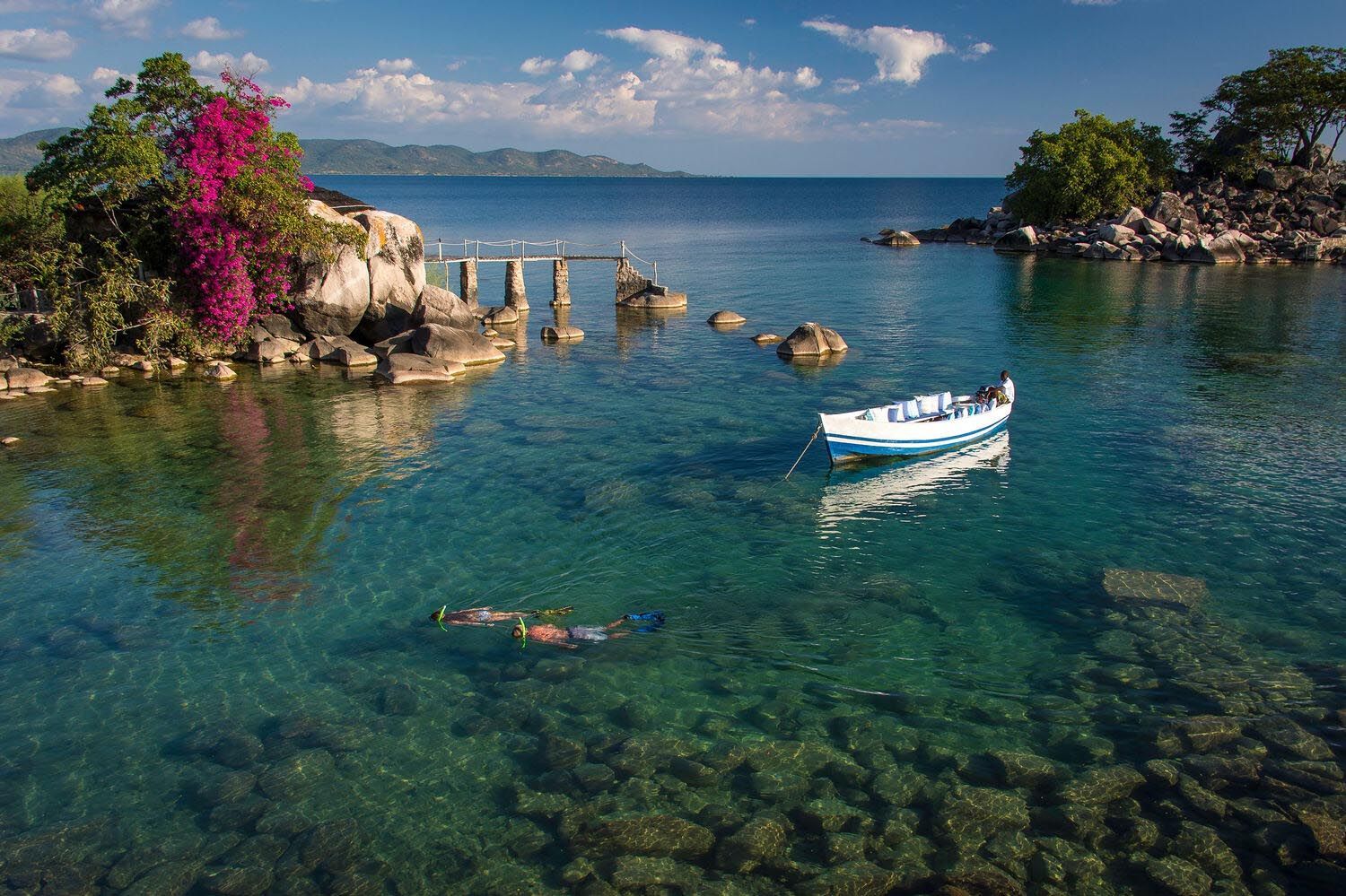
Lake Malawi stretches nearly the entire length of the country – a freshwater lake so vast it has tides, sandy beaches and sunsets that seem to last forever. It’s perfect for swimming, diving, sailing and lazing on the deck with a cold drink.
At places like Nkhata Bay, Cape Maclear and Likoma Island, you’ll find low-key beach lodges and laid-back charm, all with a distinctly tropical feel.
Best for: Beach escapes, snorkelling, kayaking, island life.
When to go: May–October for dry weather and clear visibility.
Majete Wildlife Reserve
A conservation comeback story
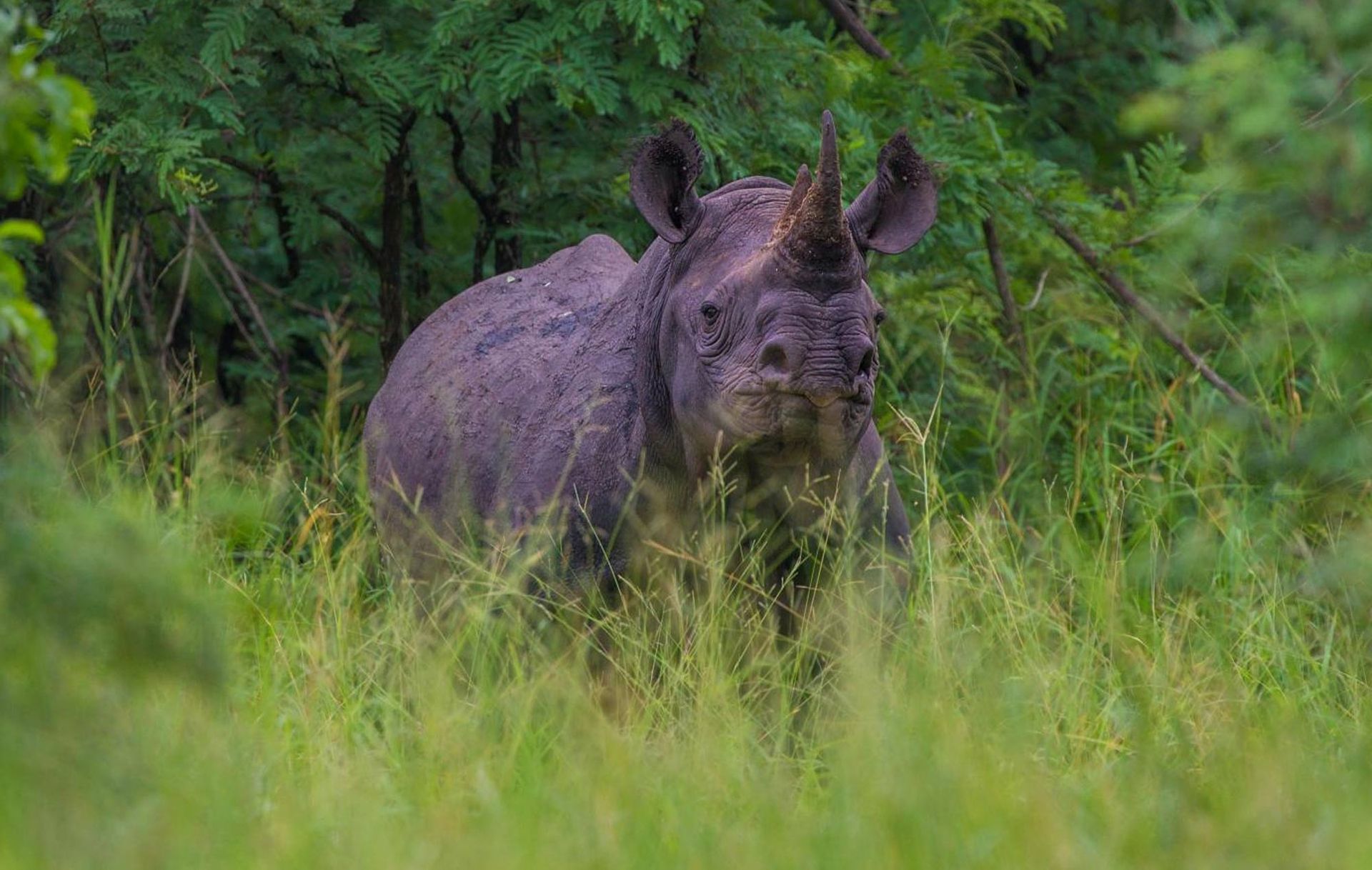
Once nearly emptied of wildlife, Majete is now one of Africa’s great success stories. Now home to the Big Five and managed by African Parks, this reserve in the Lower Shire Valley offers outstanding game viewing with very few other vehicles around.
Enjoy river walks and authentic wilderness experiences in a wonderfully wild and remote place.
Best for: Big Five sightings, conservation travel, off-the-beaten-path safaris.
When to go:
June–October for the best wildlife viewing.
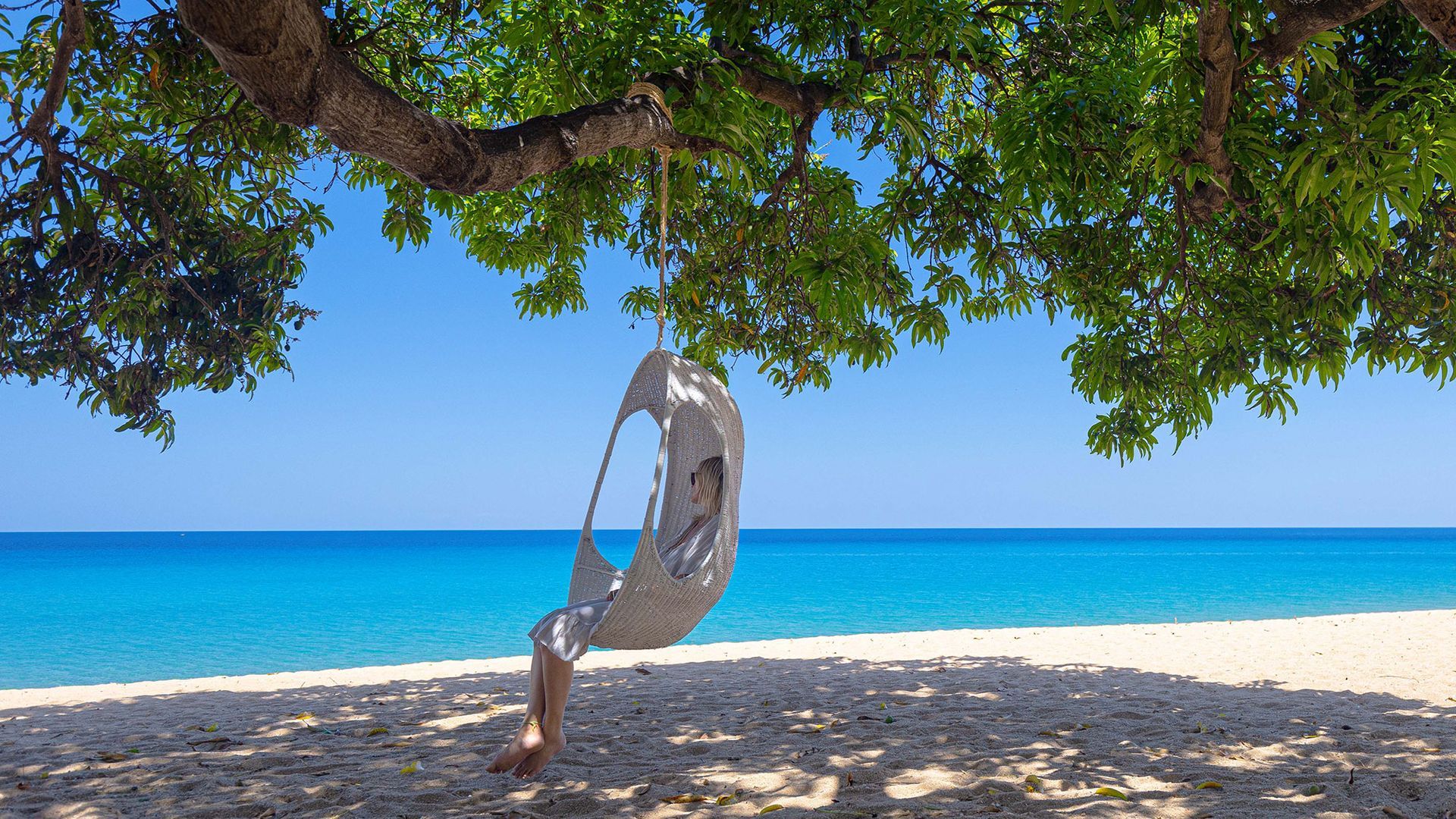
Lake Malawi
Africa’s inland ocean

Lake Malawi stretches nearly the entire length of the country – a freshwater lake so vast it has tides, sandy beaches and sunsets that seem to last forever. It’s perfect for swimming, diving, sailing and lazing on the deck with a cold drink.
At places like Nkhata Bay, Cape Maclear and Likoma Island, you’ll find low-key beach lodges and laid-back charm, all with a distinctly tropical feel.
Best for: Beach escapes, snorkelling, kayaking, island life.
When to go: May–October for dry weather and clear visibility.
Majete Wildlife Reserve
A conservation comeback story

Once nearly emptied of wildlife, Majete is now one of Africa’s great success stories. Now home to the Big Five and managed by African Parks, this reserve in the Lower Shire Valley offers outstanding game viewing with very few other vehicles around.
Enjoy river walks and authentic wilderness experiences in a wonderfully wild and remote place.
Best for: Big Five sightings, conservation travel, off-the-beaten-path safaris.
When to go: June–October for the best wildlife viewing.

Lake Malawi
Africa’s inland ocean

Lake Malawi stretches nearly the entire length of the country – a freshwater lake so vast it has tides, sandy beaches and sunsets that seem to last forever. It’s perfect for swimming, diving, sailing and lazing on the deck with a cold drink.
At places like Nkhata Bay, Cape Maclear and Likoma Island, you’ll find low-key beach lodges and laid-back charm, all with a distinctly tropical feel.
Best for: Beach escapes, snorkelling, kayaking, island life.
When to go: May–October for dry weather and clear visibility.
Majete Wildlife Reserve
A conservation comeback story

Once nearly emptied of wildlife, Majete is now one of Africa’s great success stories. Now home to the Big Five and managed by African Parks, this reserve in the Lower Shire Valley offers outstanding game viewing with very few other vehicles around.
Enjoy river walks and authentic wilderness experiences in a wonderfully wild and remote place.
Best for: Big Five sightings, conservation travel, off-the-beaten-path safaris.
When to go:
June–October for the best wildlife viewing.
Liwonde National Park
River safaris, elephants and birdlife
Liwonde is a lush, river-threaded park that feels more like East Africa than southern Africa. The Shire River draws elephants, hippos and crocodiles in large numbers, while boat safaris offer an unforgettable way to get close.
It’s also a birding hotspot, with fish eagles, palm-nut vultures and Pel’s fishing owls.
Best for: River safaris, birding, intimate game viewing
When to go: May–November for dry-season wildlife
Liwonde National Park
River safaris, elephants and birdlife
Liwonde is a lush, river-threaded park that feels more like East Africa than southern Africa. The Shire River draws elephants, hippos and crocodiles in large numbers, while boat safaris offer an unforgettable way to get close.
It’s also a birding hotspot, with fish eagles, palm-nut vultures and Pel’s fishing owls.
Best for: River safaris, birding, intimate game viewing
When to go: May–November for dry-season wildlife
Liwonde National Park
River safaris, elephants and birdlife
Liwonde is a lush, river-threaded park that feels more like East Africa than southern Africa. The Shire River draws elephants, hippos and crocodiles in large numbers, while boat safaris offer an unforgettable way to get close.
It’s also a birding hotspot, with fish eagles, palm-nut vultures and Pel’s fishing owls.
Best for: River safaris, birding, intimate game viewing
When to go: May–November for dry-season wildlife
Nkhotakota Wildlife Reserve
Forest wilderness and walking safaris
This vast, mountainous reserve is covered in miombo woodland and crossed by clear rivers. It’s wild, scenic and ideal for walking safaris, with reintroduced elephants and other wildlife returning steadily.
It’s also one of Malawi’s best places for solitude – a true forest escape with soul.
Best for: Hiking, birding, peaceful wilderness stays.
When to go: May–October for dry-season walking safaris.
Nkhotakota Wildlife Reserve
Forest wilderness and walking safaris
This vast, mountainous reserve is covered in miombo woodland and crossed by clear rivers. It’s wild, scenic and ideal for walking safaris, with reintroduced elephants and other wildlife returning steadily.
It’s also one of Malawi’s best places for solitude – a true forest escape with soul.
Best for: Hiking, birding, peaceful wilderness stays.
When to go: May–October for dry-season walking safaris.
Nkhotakota Wildlife Reserve
Forest wilderness and walking safaris
This vast, mountainous reserve is covered in miombo woodland and crossed by clear rivers. It’s wild, scenic and ideal for walking safaris, with reintroduced elephants and other wildlife returning steadily.
It’s also one of Malawi’s best places for solitude – a true forest escape with soul.
Best for: Hiking, birding, peaceful wilderness stays.
When to go: May–October for dry-season walking safaris.
Kasungu National Park
Remote, quiet and full of promise
Close to the Zambian border, Kasungu is one of Malawi’s least-visited parks – but its rolling hills, dambos and termite mound-studded plains offer peaceful game viewing.
Elephants, sable, hyena and occasional big cats roam these remote landscapes. While facilities are simple, the wildness is real.
Best for: Quiet game drives, scenic bushveld, adventurous travellers.
When to go: July–October for best visibility and road access.
Kasungu National Park
Remote, quiet and full of promise
Close to the Zambian border, Kasungu is one of Malawi’s least-visited parks – but its rolling hills, dambos and termite mound-studded plains offer peaceful game viewing.
Elephants, sable, hyena and occasional big cats roam these remote landscapes. While facilities are simple, the wildness is real.
Best for: Quiet game drives, scenic bushveld, adventurous travellers.
When to go: July–October for best visibility and road access.
Kasungu National Park
Remote, quiet and full of promise
Close to the Zambian border, Kasungu is one of Malawi’s least-visited parks – but its rolling hills, dambos and termite mound-studded plains offer peaceful game viewing.
Elephants, sable, hyena and occasional big cats roam these remote landscapes. While facilities are simple, the wildness is real.
Best for: Quiet game drives, scenic bushveld, adventurous travellers.
When to go: July–October for best visibility and road access.
Vwaza Marsh Wildlife Reserve
Seasonal floods and secret sightings
Tucked in the north near the Nyika Plateau, Vwaza is a mosaic of marshes, grassland and miombo woodland. The reserve is seasonal – dry in winter and lush in summer – and home to hippos, elephants, buffalo and a good range of antelope.
It’s a rewarding stop for those who like it wild and unpolished.
Best for: Seasonal game viewing, birdlife, off-grid exploring.
When to go: June–October for dry tracks and good sightings.
Vwaza Marsh Wildlife Reserve
Seasonal floods and secret sightings
Tucked in the north near the Nyika Plateau, Vwaza is a mosaic of marshes, grassland and miombo woodland. The reserve is seasonal – dry in winter and lush in summer – and home to hippos, elephants, buffalo and a good range of antelope.
It’s a rewarding stop for those who like it wild and unpolished.
Best for: Seasonal game viewing, birdlife, off-grid exploring.
When to go: June–October for dry tracks and good sightings.
Vwaza Marsh Wildlife Reserve
Seasonal floods and secret sightings
Tucked in the north near the Nyika Plateau, Vwaza is a mosaic of marshes, grassland and miombo woodland. The reserve is seasonal – dry in winter and lush in summer – and home to hippos, elephants, buffalo and a good range of antelope.
It’s a rewarding stop for those who like it wild and unpolished.
Best for: Seasonal game viewing, birdlife, off-grid exploring.
When to go: June–October for dry tracks and good sightings.
Planning your trip
Seasons at a glance
- May–October: Cool and dry – best for wildlife and hiking
- November–April: Warm and rainy – best for birding, green landscapes and lake travel
Quick travel tips:
- Most travellers receive a visa on arrival or can apply online – check with your local Malawi embassy for visa requirements
- The local currency is the Malawian Kwacha, though US dollars are often accepted
- Road transfers are the norm, with flights between Lilongwe, Blantyre and select safari lodges
- Tap water is not drinkable – stick to bottled or filtered water
- Tipping is customary in tourism settings – 10% is appreciated
- Malawi is a malaria area – bring prophylaxis and insect repellent
This is your Malawi
Let’s create something extraordinary
From soft mornings on the lake to starry nights in the bush, Malawi is full of quiet magic.
With Ubon Safari, your journey here will be as relaxed or adventurous as you choose – always personal, always immersive.
Let us help you plan a trip that flows naturally – from reserve to beach, forest to village – with every moment crafted around your interests.
Get ready to fall for Malawi. You won’t want to leave.
Planning your trip
Seasons at a glance
- May–October: Cool and dry – best for wildlife and hiking
- November–April: Warm and rainy – best for birding, green landscapes and lake travel
Quick travel tips:
- Most travellers receive a visa on arrival or can apply online – check with your local Malawi embassy for visa requirements
- The local currency is the Malawian Kwacha, though US dollars are often accepted
- Road transfers are the norm, with flights between Lilongwe, Blantyre and select safari lodges
- Tap water is not drinkable – stick to bottled or filtered water
- Tipping is customary in tourism settings – 10% is appreciated
- Malawi is a malaria area – bring prophylaxis and insect repellent
This is your Malawi
Let’s create something extraordinary
From soft mornings on the lake to starry nights in the bush, Malawi is full of quiet magic.
With Ubon Safari, your journey here will be as relaxed or adventurous as you choose – always personal, always immersive.
Let us help you plan a trip that flows naturally – from reserve to beach, forest to village – with every moment crafted around your interests.
Get ready to fall for Malawi. You won’t want to leave.
Planning your trip
Seasons at a glance
- May–October: Cool and dry – best for wildlife and hiking
- November–April: Warm and rainy – best for birding, green landscapes and lake travel
Quick travel tips:
- Most travellers receive a visa on arrival or can apply online – check with your local Malawi embassy for visa requirements
- The local currency is the Malawian Kwacha, though US dollars are often accepted
- Road transfers are the norm, with flights between Lilongwe, Blantyre and select safari lodges
- Tap water is not drinkable – stick to bottled or filtered water
- Tipping is customary in tourism settings – 10% is appreciated
- Malawi is a malaria area – bring prophylaxis and insect repellent
This is your Malawi
Let’s create something extraordinary
From soft mornings on the lake to starry nights in the bush, Malawi is full of quiet magic.
With Ubon Safari, your journey here will be as relaxed or adventurous as you choose – always personal, always immersive.
Let us help you plan a trip that flows naturally – from reserve to beach, forest to village – with every moment crafted around your interests.
Get ready to fall for Malawi. You won’t want to leave.

